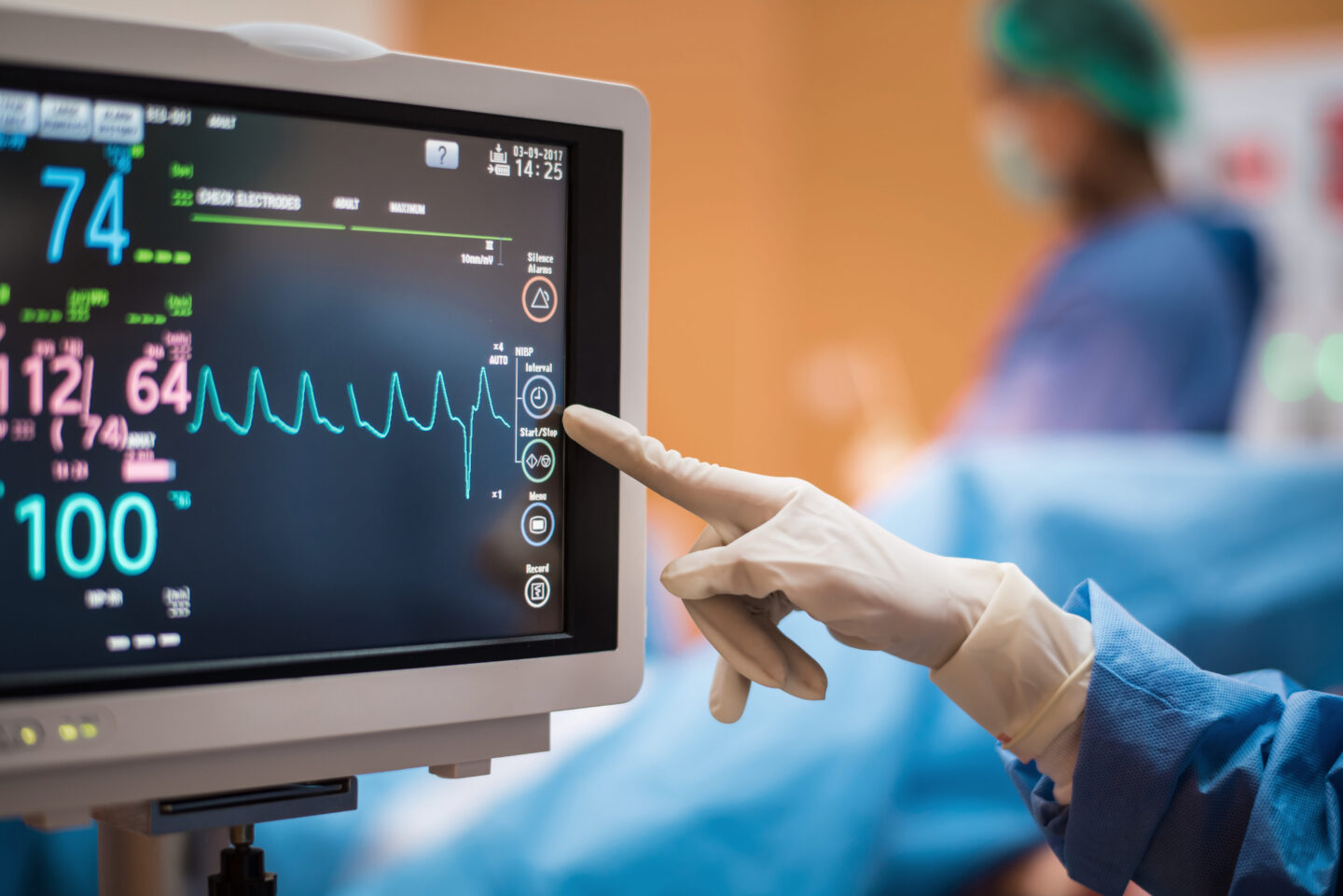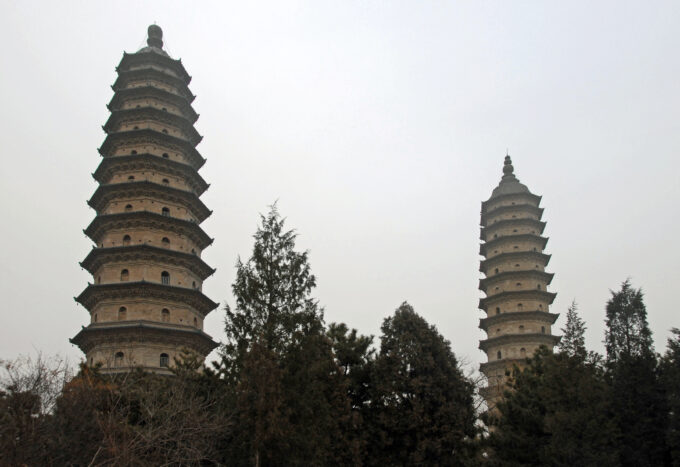Swiss rethink
Yin was born in the industrial city of Taiyuan, capital of Shanxi, China’s leading coal-producing province, in 1975. After graduating with a degree in international business from Shanghai University of Finance and Economics in the mid-1990s, he spent the first decade of his career in China, first working in sales and marketing across a range of industries – computer gaming, e-commerce and cosmetics – and then with four years as a product manager at International Flavors and Fragrances.
In 2006, aged 30, looking for a change of direction, he signed up for an MBA at IMD. High on his agenda when he arrived was figuring out his next career step. “When I went to IMD, I was puzzled about where I should go afterwards,” he says. “Which industry should I choose? Which function should I do? What was my passion for the future and for my career?”
One of his key professors at IMD was Benoît Leleux, leader of the school’s entrepreneurship class. “In that class, I really started to get interested in venture capital, innovation and entrepreneurship,” says Yin. “After graduating, in my career search I was looking for the industry where I could have the opportunity to do entrepreneurship or to be a venture capitalist.”
The industry he chose was medical devices. “This is an industry that both has a lot of innovation, and also is not very structured. Unlike the fragrance and flavors industry, in which only three big companies control the entire industry, in the medical device industry, every year the landscape changes, so it also offered a possibility for me of a future in entrepreneurship.”
After graduating from IMD, Yin moved to the US to spend three years in Miami handling global product management for the cardiology arm of Cordis, before moving back to China with Biosense Webster, a Johnson & Johnson-owned business that dominates the production of electrophysiological equipment used in treating heart rhythm disorders.
A year and a half after returning to China, Yin briefly jumped ship to GE, spending ten months there before joining Shanghai-headquartered MicroPort Medical, one of China’s leading medical device makers. His knowledge of the US helped him oversee the $290-million acquisition of OrthoRecon, the orthopedics arm of the US’s Wright Medical – then the largest purchase by a Chinese company of an American medical device business.
That deal helped open the way to a move into venture capital. His first stop was Qiming Venture Partners, the leading source of venture funding for China’s healthcare industry, where over five years he oversaw investments into 12 businesses, five of which are now listed in either Shanghai or Hong Kong. It was followed by a spell at YuanBio Venture Capital, another specialist healthcare investment firm, where he invested in 30 businesses, two of which are now listed in Hong Kong.

Audio available





